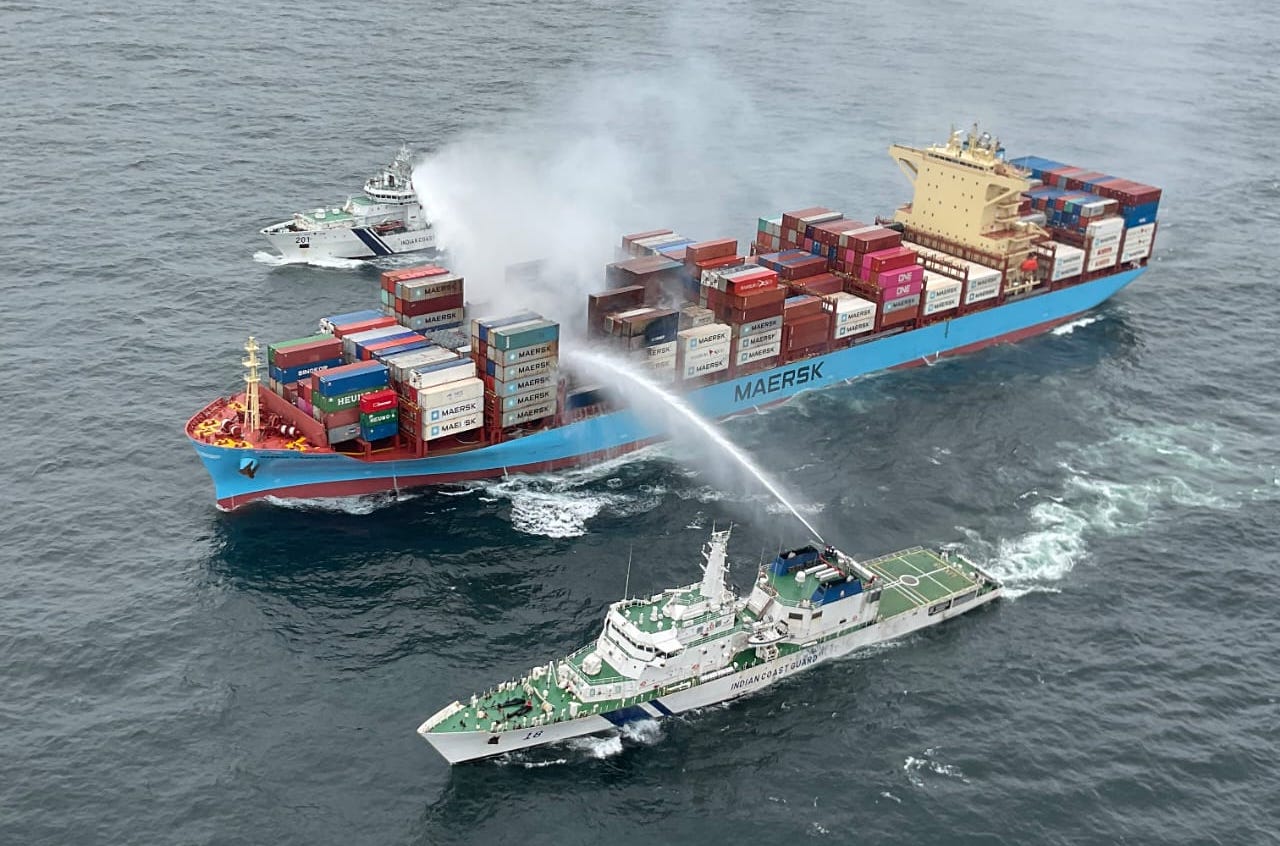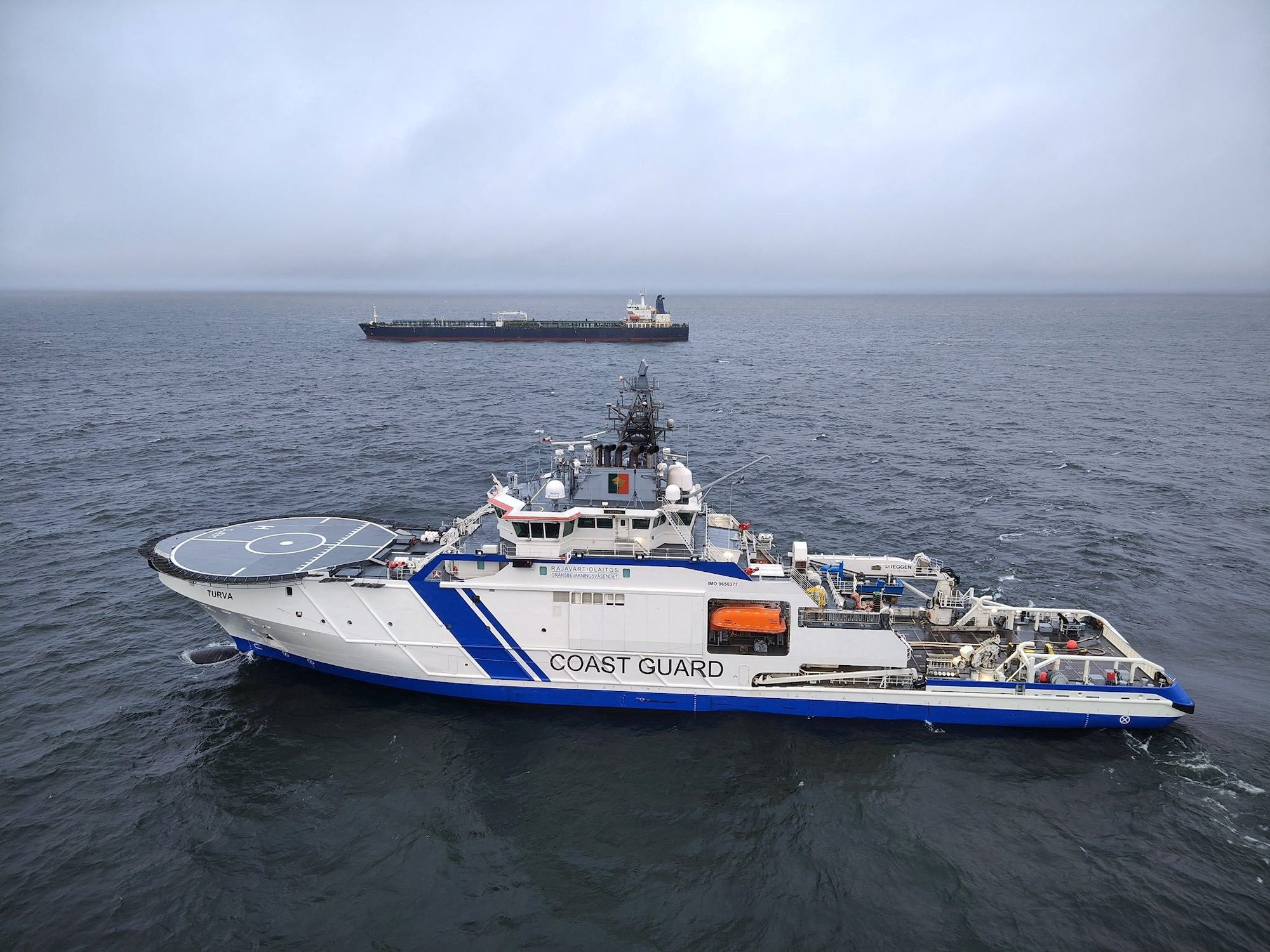The European Union has expanded its sanctions framework to curb Iran’s military support to Russia, focusing on disrupting key shipping routes and component transfers
The development marks a crucial step in the EU’s efforts to address Iran’s involvement in Russia’s war in Ukraine and its support for armed groups in the Middle East and Red Sea region.
The new measures, announced by the European Commission, introduce a comprehensive prohibition on the export, transfer, supply, or sale of components from the EU to Iran that are used in the development and production of missiles and Unmanned Aerial Vehicles (UAVs). This move aims to directly impact Iran’s ability to manufacture and supply these weapons to Russia and other entities.
A key aspect of the sanctions is the transaction ban on ports and locks owned, operated, or controlled by listed individuals and entities, or those used for transferring Iranian UAVs, missiles, or related technology to Russia. Notably, the ports of Amirabad and Anzali are specifically mentioned in this context, highlighting the EU’s targeted approach to disrupt known shipping routes.
The sanctions also extend to specific entities and individuals. The Islamic Republic of Iran Shipping Lines (IRISL), Iran’s national shipping line, and its director, Mohammad Reza Khiabani, have been designated, acknowledging IRISL’s role in shipping drones for Iran’s Islamic Revolutionary Guard Corps Navy.
Additionally, three Russian shipping companies – MG Flot, VTS Broker, and Arapax – have been listed for their involvement in transporting Iranian-made weapons and ammunition across the Caspian Sea to Russian forces in Ukraine.
These measures come in response to Iran’s recent transfer of ballistic missiles to Russia, which the EU condemned on September 13, 2024, as a “direct threat to European security”.
The EU’s High Representative emphasized the bloc’s commitment to swift and coordinated action with international partners, including the implementation of new and significant restrictive measures against Iran.
The sanctions framework, which now covers both drones and missiles, was initially broadened back in May 2024, and has been extended until July 27, 2025, underscoring the EU’s long-term commitment to addressing Iran’s military support to Russia and its broader regional activities.
As the EU tightens its sanctions, the United States has also increased pressure on Iran, broadening sanctions on Iran’s oil and gas sectors in response to a recent ballistic missile attack on Israel. This coordinated approach by Western powers signals a united front in addressing Iran’s military activities and support for Russia in the Ukraine conflict.
These new sanctions represent a significant escalation in the EU’s approach to Iran’s military support for Russia and highlight the growing concerns over the transfer of advanced weaponry in conflict zones.
As the situation develops, the international community will be closely watching the impact of these measures on Iran’s ability to support Russia’s war efforts and its influence in regional conflicts.

 Join The Club
Join The Club










